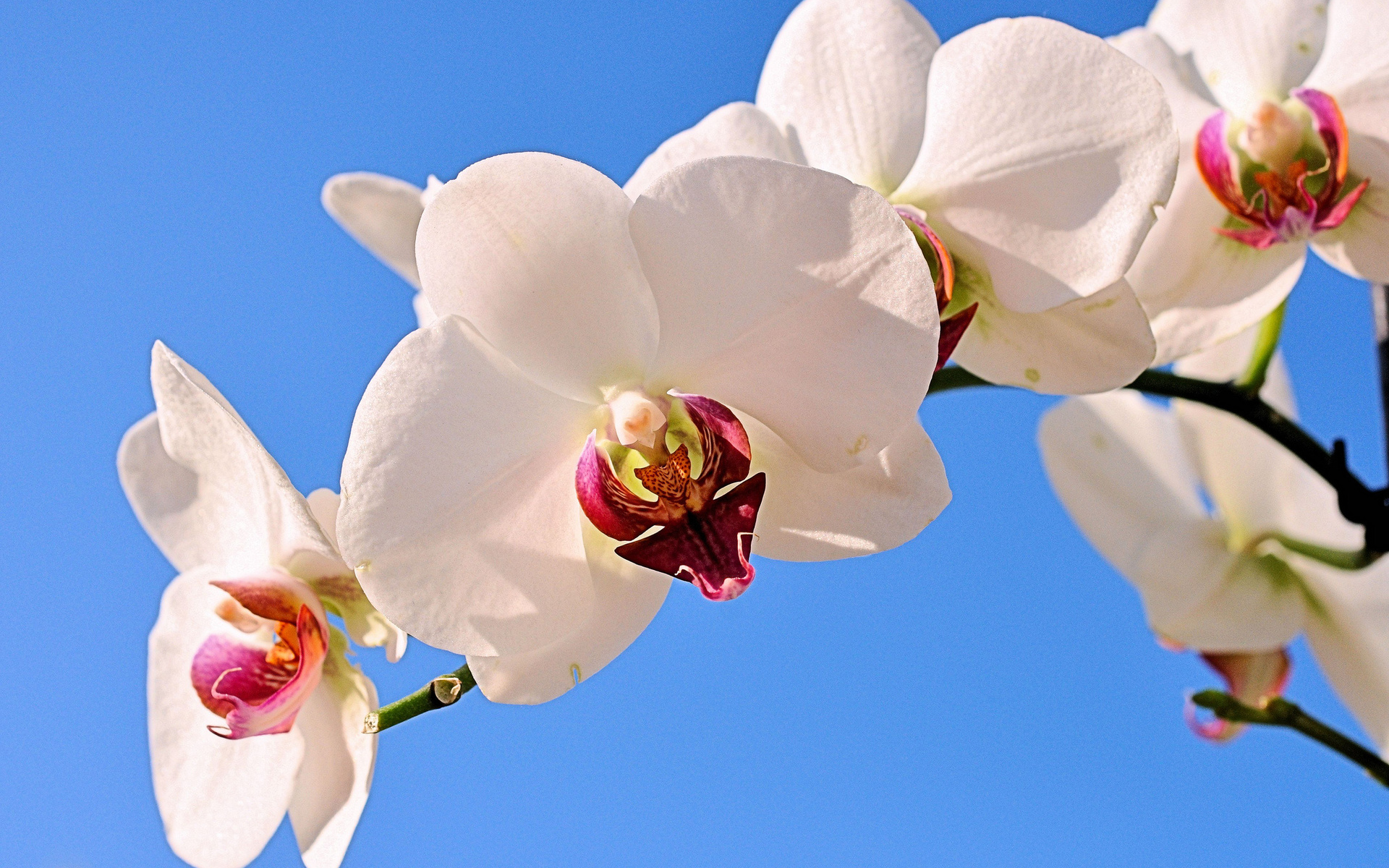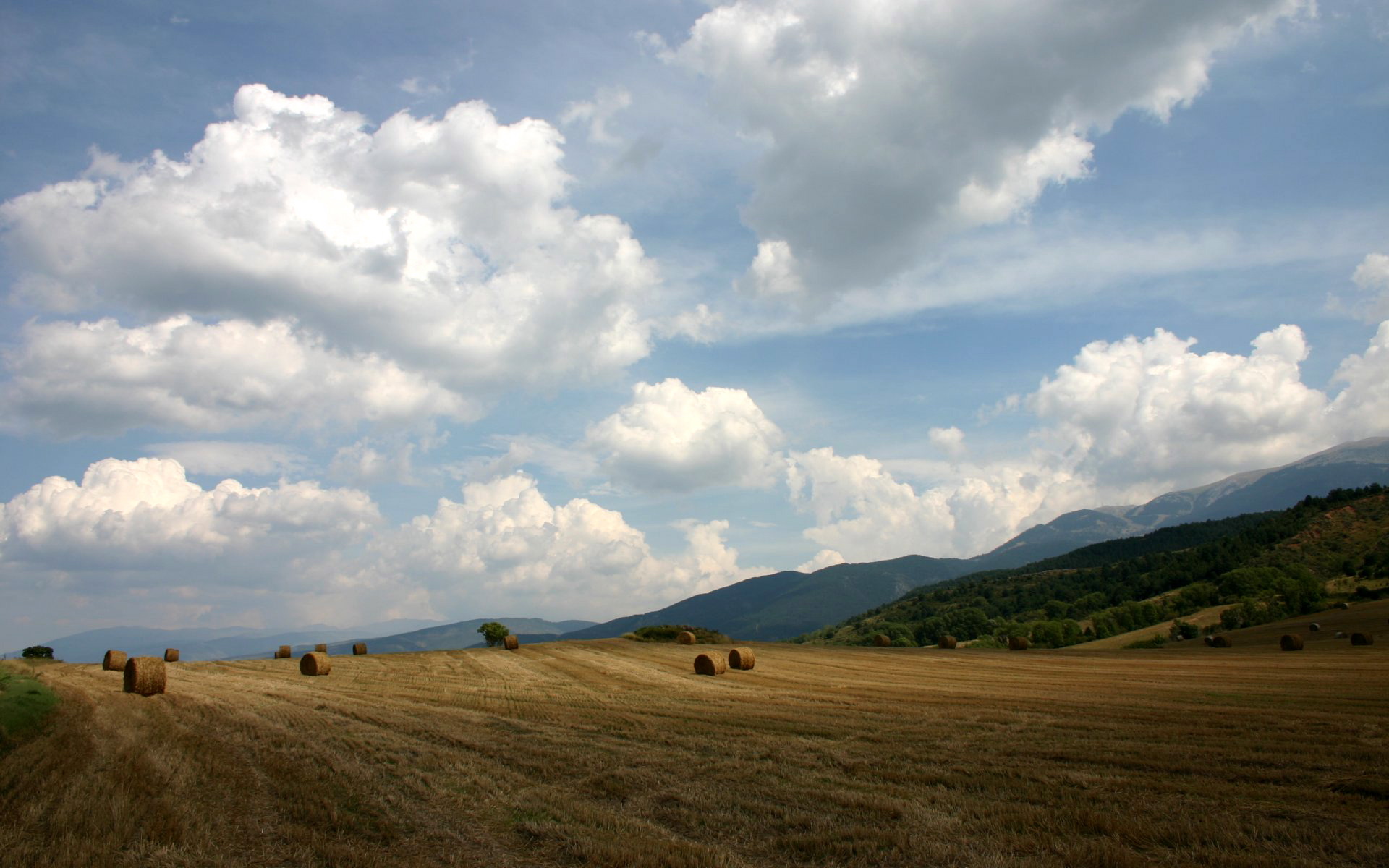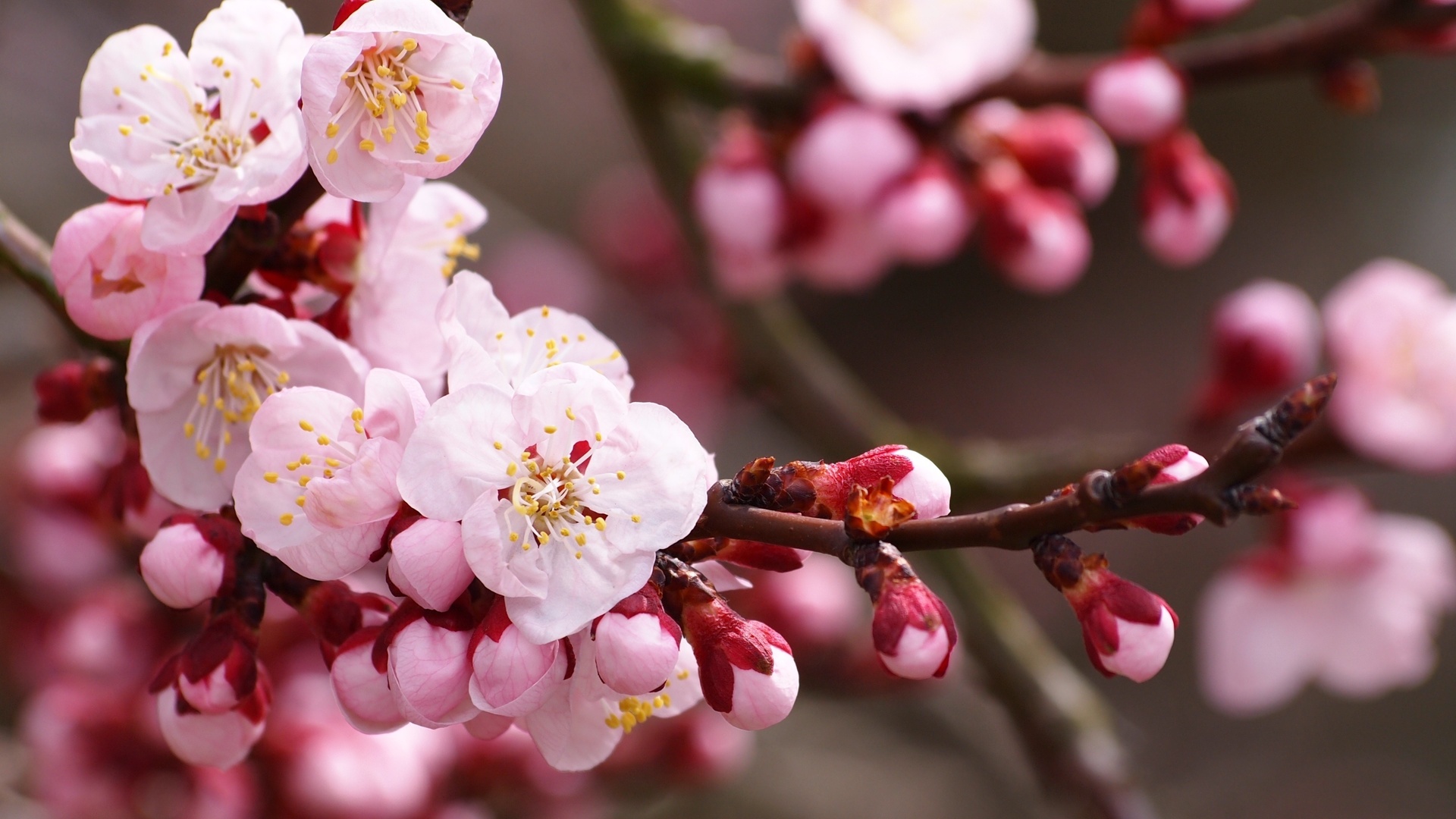杨桃的英文
本文内容来自于互联网,分享杨桃的英文(杨桃的英文怎么读)
1. The word “yangtao” which is commonly known as the famous Chinese fruit “loquat”, is also known as “Japanese medlar”, “Chinese plum”, “Japanese apricot”, and “Chinese plumm” in English.
2. The scientific name of yangtao is Eriobotrya japonica, which is a genus of decidious plants, belonging to the family of Rosaceae.
3. As a fruit, yangtao is a yellow or orange berry, usually around 2 or 3 centimeters in diameter. It consists of multiple carpels and has a single seed.
4. The taste of yangtao is sweet but acidic and astringent at the same time, making it a popular snack item in China. It is also commonly made into juice, jelly, ice cream and other desserts.
5. Physically yangtao has strong antioxidant, anti-inflammatory and immune-stimulant effects. It is rich in nutrients and has multiple health benefits such as reducing cholesterol levels and improving digestive function.
6. Yangtao is widely known for its antioxidant properties and is particularly rich in vitamin C, beta-carotene, potassium, manganese and other antioxidants.
7. Yangtao is believed to have originated in China and was first mentioned in 500 BCE. For centuries, it has been used in traditional Chinese medicine to treat various conditions such as coughing, sore throat and stomach issues.
8. Yangtao is also grown in other East Asian countries such as Japan, Korea and Taiwan. In Japan, it is popularly known as “Yanagi-no-momo”, while in Korea, it is known as “myeongi”.
9. In the United States, yangtao is grown in several states, including California, Oregon, Arizona, and Texas. It is usually sold fresh in Asian specialty stores and supermarkets.
1、The Jojoba: Also called goat nut, wild hazel, deer nut, quinine nut, pignut, coffeeberry, gray box, gray box thorn, and gray scrub, the jojoba is a woody shrub that grows throughout the United States and northern Mexico. It produces a nut that contains oil which is used for health and beauty purposes.
2、The name \"jojoba\" originated from the native Americans living in what is now called the arid Southwest. They used the pressed oil of the jojoba seed as a rub for their skin, hair, and scalp, as well as for creating medicines.

3、The nut is rich in protein, vitamins, minerals, and fatty acids, including oleic, linoleic, and alpha-linolenic acids. Jojoba nut oil is composed of waxy esters, and is one of the only vegetable oils that can easily penetrate the skin, meaning that the skin can actually benefit from its ingredients.
4、Jojoba oil is packed with antioxidants, which helps to protect and repair the skin from environmental damage and aging. It also contains antibacterial and anti-inflammatory properties, which makes it an ideal choice for treating a variety of skin conditions, including acne, psoriasis, dermatitis, eczema, and burns.
5、Jojoba nut oil is a great natural skin moisturizer. It is renowned for its protective and skin softening qualities, as well as its ability to help restore the skin’s natural barrier. This helps the skin stay hydrated for longer periods of time and prevents dehydration.

6、Jojoba nut oil is commonly used in skin care products such as facial cleansers, moisturizers, night creams, and lip balms. It is an excellent choice for those with sensitive skin, as it is gentle enough to use on even the most delicate skin types.
7、Jojoba oil is also widely used in hair products. It has a unique ability to quickly penetrate the hair shaft and provide deep conditioning, making it naturally hydrating and nourishing. It is also great for helping to prevent breakage, damage, and split ends.
8、 Jojoba nut oil is not only beneficial for the skin and hair, but it also has some surprising cosmetic uses. It is an ideal base for making lip balms, makeup, and eyebrow pencils.










